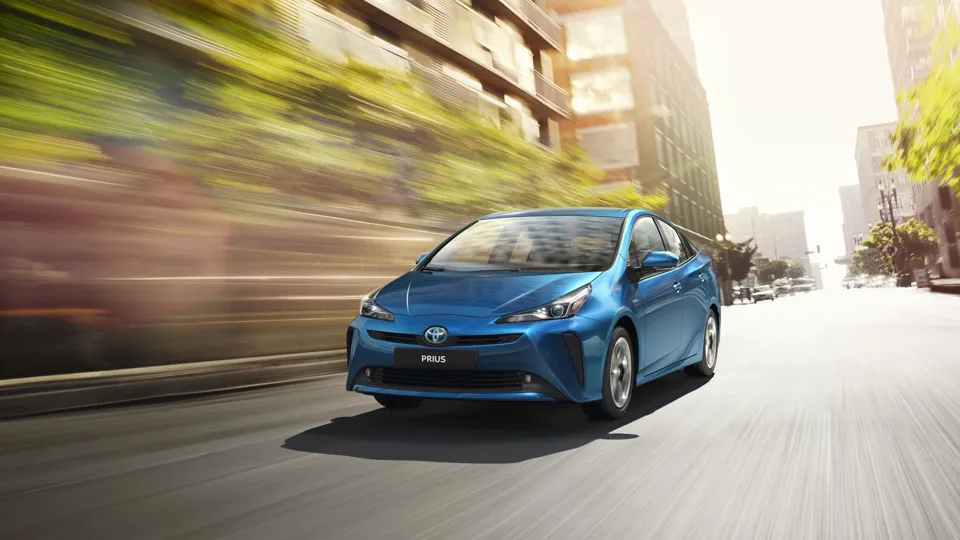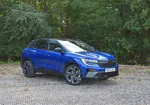According a new report 43% of drivers believe that electric vehicles (EVs) should mimic the sound of a diesel or petrol powered vehicle when driven at low speed.
The new survey by Venson Automotive Solutions coincides Brake Road Safety Week (November 18 - 24). Of those polled, 72% believed EV sounds should be standardised, with 23% in favour of a continuous low decibel sound. However, 6% of respondents “would choose something completely different, such as classical music, whale song or ocean waves”.
Acoustic Vehicle Alerting Systems (AVAS) are sound generating devices fitted to pure EVs and hybrids to warn pedestrians and other vulnerable road users of the vehicle's presence.
Compliance with the new requirements on AVAS becomes mandatory from July 1, 2019 for “new types of pure electric vehicle and new types of hybrid electric vehicle that are capable of operating without their internal combustion engine running”, and from July 1, 2021 “for all new vehicles of such types”.
Positive move
Alison Bell, marketing director for Venson Automotive Solution, said: “The integration of AVAS into hybrid and electric vehicles is a very positive move. Almost silent electric and hybrid cars put vulnerable road users at risk, especially children, the partially sighted and blind. As more fleet drivers opt for emission-free electric models, with the introduction of zero BIK tax from April 2020, they will be relieved to know that with the introduction of AVAS their choice will no longer put road users at risk.”
Under EU law, from 2021, EV drivers will be able to manually trigger a warning sound, as in a horn but less urgent, to alert pedestrians and road users of their presence. 70% surveyed said they would like to hear a horn sound similar to that made by a petrol or diesel engine vehicle. Just 13% wanted to hear a phrase such as “EV approaching”, however, 6% would prefer an animal sound like a roar, bark or quack instead of a traditional vehicle horn.
Bell added: “With over 100 years of petrol and diesel engine sounding vehicles on our roads, people naturally react to the sound of an approaching vehicle or a horn being sounded. Keeping sounds we are used to hearing on UK roads makes the most sense when it comes to road safety and saving lives."
Read more about the move to EVs and hybrids and what it means for fleets.



















Login to comment
Comments
No comments have been made yet.